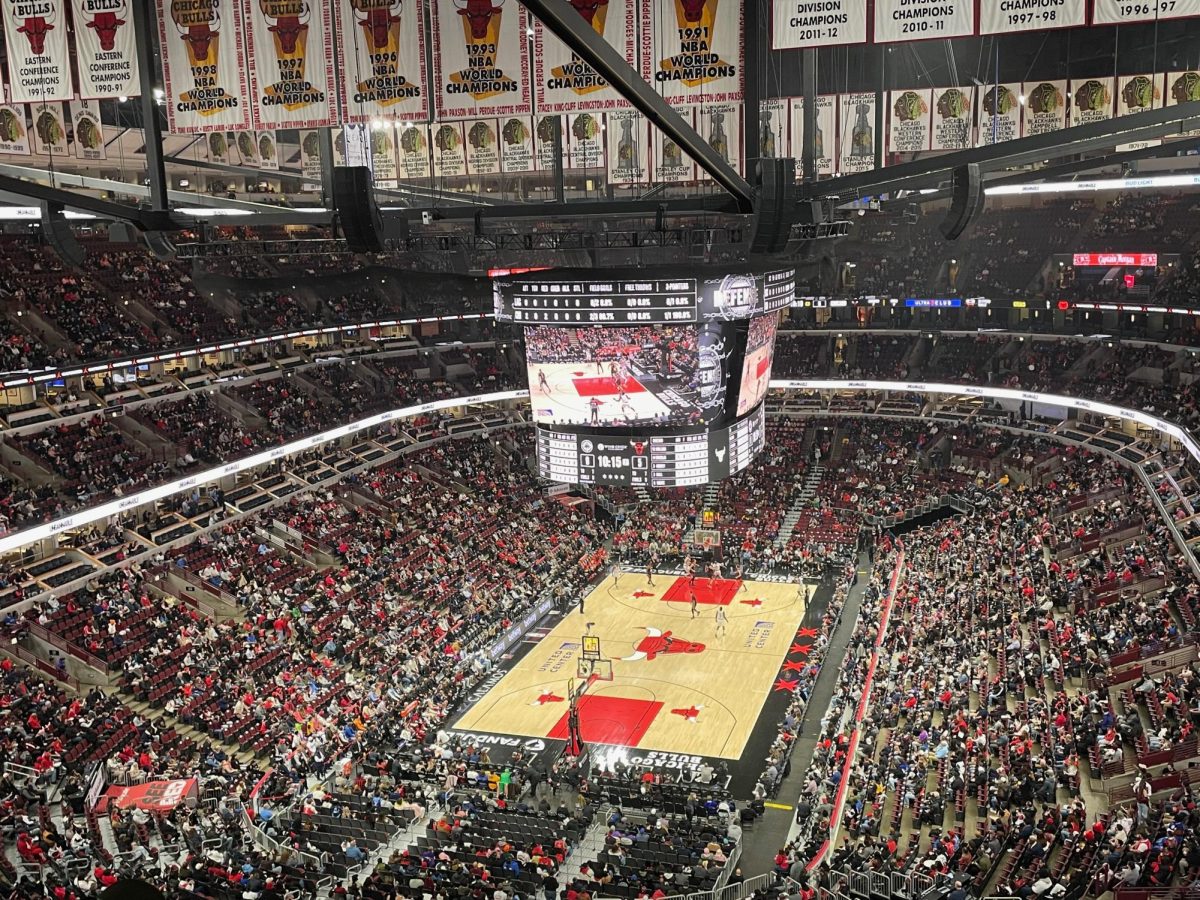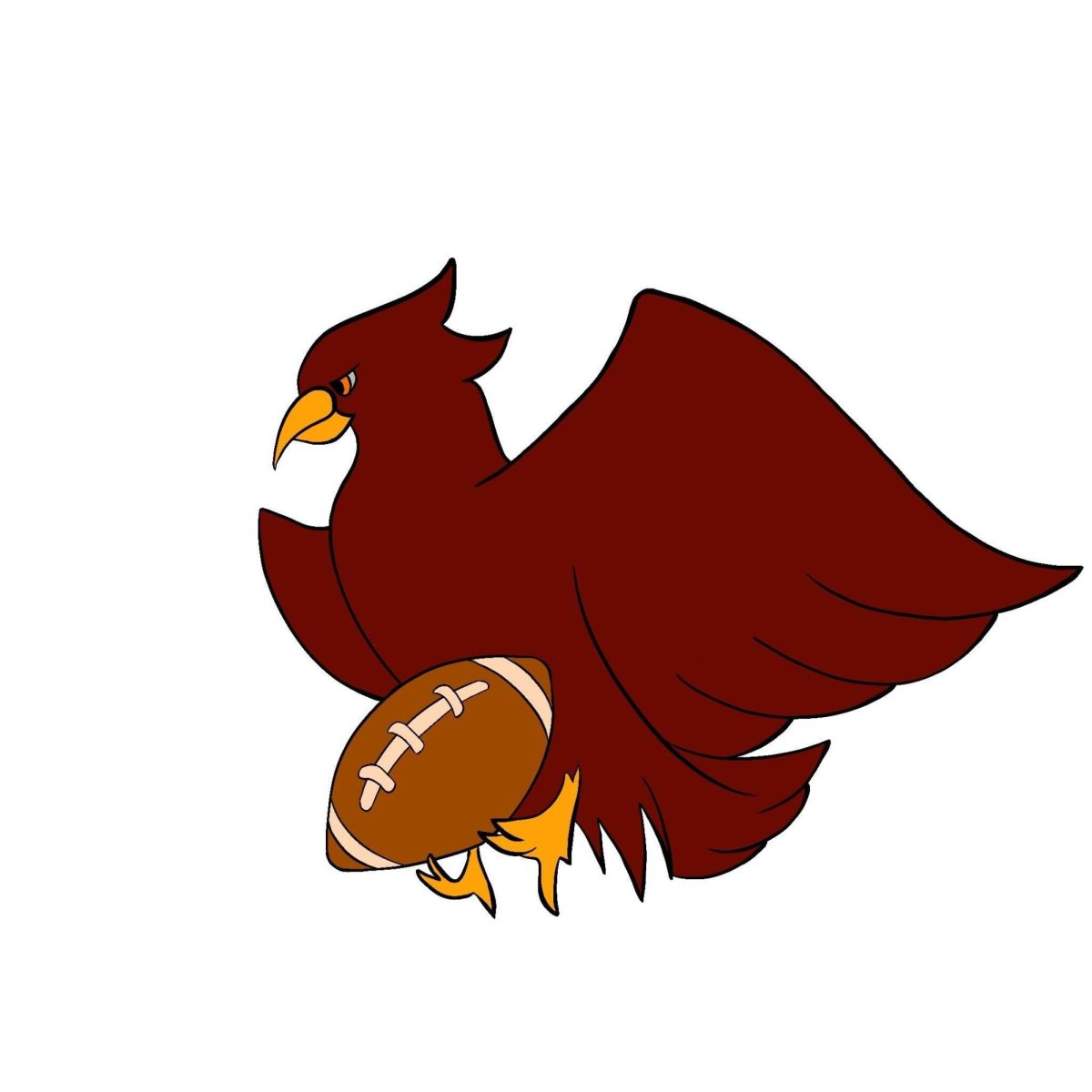Two teams, one head coach. The equation in the tennis program just doesn’t add up.
With the Chicago women’s tennis team ranked fourth in the country and the men’s team ranked 16th, it’s natural to look at what could put the Maroons over the top and into the elite level of D-III tennis programs. It seems like they’re almost there already, with only six teams boasting a better average rank between the two programs, which is why the coaching situation makes so little sense.
The next step in climbing the national ladder is clear: The Maroons need separate head coaches for the men’s and women’s teams.
When head coach Marty Perry came over to coach both squads in the 2003–04 season, the Maroons were trying to answer completely different questions. Both teams finished last in the conference six seasons in a row, from 1999 to 2004, and they needed to make some major changes. Perry was like a gift from the D-III tennis gods, if those exist.
Since finishing eighth in his first season, he’s finished in the bottom half of the conference only once for both the men and the women. UAA bottom-dwellers no longer, the Maroons have developed into perennial top-25 teams, with the women’s squad emerging into an unquestionable threat on the national level after finishing fourth at NCAAs last season.
Perry was named the D-III Women’s Coach of the Year, a reward for bringing together the best class of first-years in the country last season, and now the women look like national fixtures for at least the next three seasons.
The front office has clearly helped answer the questions that six consecutive last-place finishes will stir up, but that doesn’t mean that Chicago’s work is finished; it just means that the team has new questions to answer. How do the men get past teams like DePauw and Carnegie and into the NCAA tournament? How do the women topple Emory?
The players obviously need to get the job done, but at the college level, coaches are directly linked to on-court talent, through player development and, more importantly, through recruiting.
That’s where having just one head coach for both tennis teams hurts Chicago. As it stands, women probably like what they see in the Maroons’ young, talented squad, but it has to be tough for a men’s player to feel great about a school that has the D-III Women’s Coach of the Year and a female assistant coach overseeing both squads.
Chicago is in a unique situation in terms of athletics. Ask most of the athletes around campus, and a vast majority will say that academics were the selling point on Chicago. Playing a sport is oftentimes the icing on top of a degree-from-the-University-of-Chicago cake, and in terms of D-III schools, Chicago is at or near the top academically.
But that doesn’t change the recruiting situation so vastly that the rules of the game don’t apply to Chicago. High school athletes undoubtedly like what they see in the quality education Chicago offers, but our university isn’t the only one that offers a place to play with elite academics.
Amherst and Williams are both elite academic colleges that also have national-caliber tennis programs. Those are the kinds of schools that could take the recruits that the Maroons need to move up, and the top schools of the division—unsurprisingly—almost invariably have larger coaching staffs than Chicago.
A second dedicated head coach would mean a clear boost in attractiveness for recruits, and it would also make in-season responsibilities much simpler and easier for the staff. Matches in different locations mean that Perry has to choose one team to coach for that day. Obviously the addition of Taka Bertrand, once an elite player for Vanderbilt, will help to ease those strains of the schedule, but what happens if both teams qualify for NCAAs at the end of this season? It’ll be another tough choice for Perry.
As Chicago continues to build its tennis program, these are the kinds of problems that having separate coaches would solve. The Maroons seem to be on the brink of that elite level, but it’s asking too much for one head coach to guide them all the way.








